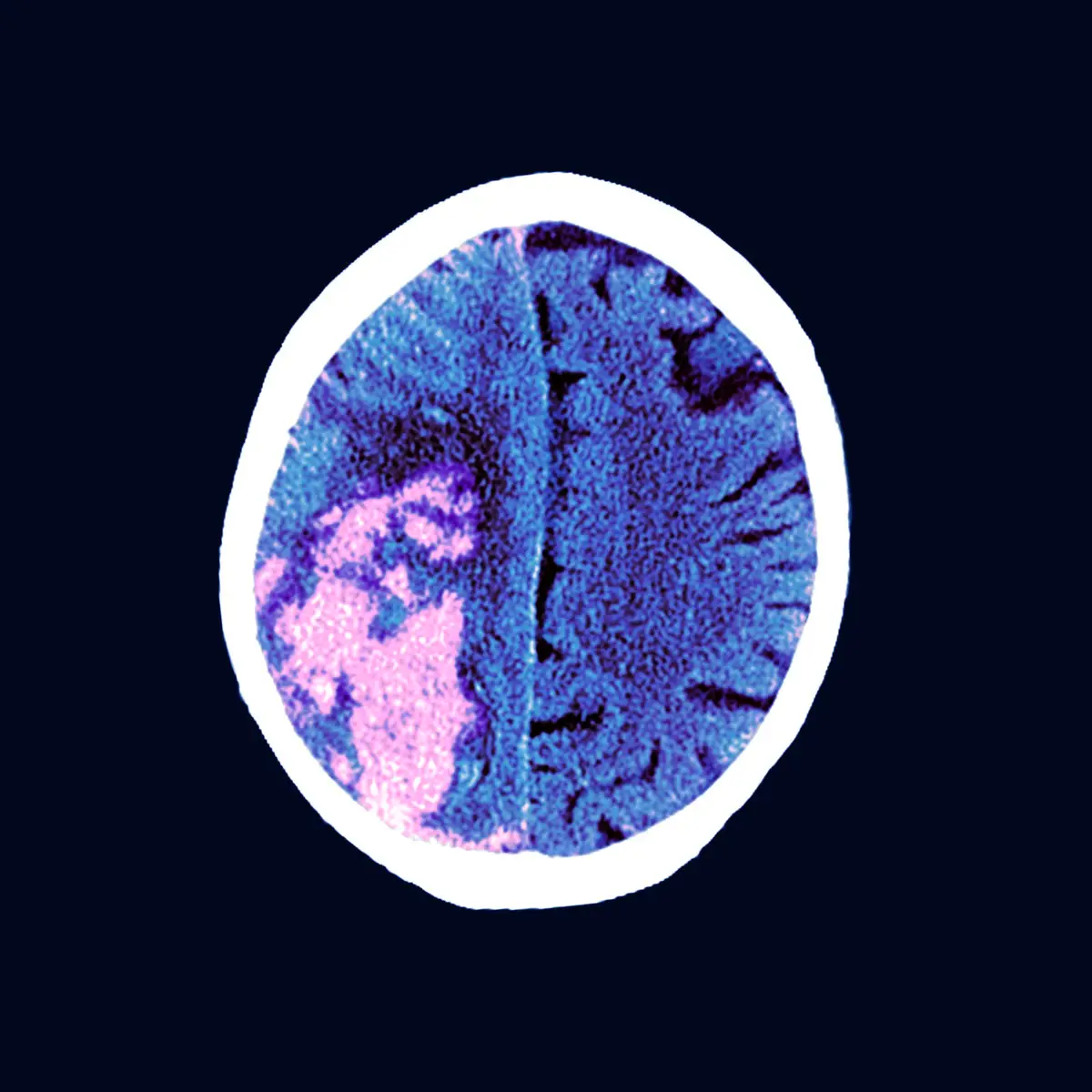
Doctors have warned patients against the signs of silent strokes, a type of small stroke which doesn't cause visible symptoms, but can impact the brain if reoccurring.
It seems you can have a stroke without realising or remembering. These 'silent strokes' have no symptoms like the ones we normally associate with a stroke, namely slurred speech, loss of movement in the face or body, and numbness.
However, it doesn't mean they shouldn't be considered dangerous, as multiple silent strokes can cause long-lasting damage to the brain.
Here's everything you need to know about silent strokes, including the five signs you could be having them.
Advert

What is a silent stroke?
First things first.
Much like an ischaemic stroke, a silent stroke is caused by a blockage that cuts off the blood supply to part of the brain.
While the parts of the brain affected by an ischaemic stroke control visible functions like speaking or moving, and therefore make the stroke easier to identify, the areas damaged by a silent stroke aren't in charge of any visible body function.
This means that a person may not even know a stroke has occurred, similar to silent heart attacks, which sometimes carry no symptoms at all.
Silent strokes are usually lacunar strokes, as they occur in smaller blood vessels in the brain.
How dangerous are silent strokes?
Silent strokes may not display visible symptoms, but shouldn't be underestimated.
Cumulative silent strokes may lead to neurological symptoms, and increase the chance to have a symptomatic stroke in the future. Multiple silent strokes also increase the risk of developing vascular dementia.
A silent stroke is also different from a temporary stroke, known as a transient ischaemic attack (TIA).
TIAs cause symptoms that last for less than 24 hours, including trouble walking, blindness in one eye or cuts in your field of vision, sudden, severe headache, dizziness, and confusion. They don't cause permanent damage to the brain, unlike silent strokes.
How to identify a silent stroke
Silent strokes can only be identified through a brain CT scan or an MRI. The images will show white spots or lesions where the brain cells have stopped functioning.
There are some non-specific symptoms connected to a silent stroke that can often be mistaken for signs of ageing, like:
- balance problems
- frequent falls
- urine leakage
- changes in your mood
- decreased ability to think
If you're at risk of a silent stroke, you can contact your doctor who can advise on how to reduce risk factors.

How to prevent a silent stroke
Much like with regular strokes, there are certain things you can do to prevent a silent stroke from happening, so there's no need to panic just yet.
While it's harder to spot one, and restoring the brain areas affected by a silent stroke is also difficult, there are some general precautions that can contribute to keep you in good health.
These preventive strategies include:
- Managing your blood pressure, blood sugar, and cholesterol
- Exercising and stay physically active
- Reducing your salt intake
- Maintaining a moderate weight
- Avoiding smoking
- Switching to a heart-healthy diet, ditching ultra-processed foods, unhealthy fats, and artificially sweetened drinks
Topics: Health, Women's Health, Life
